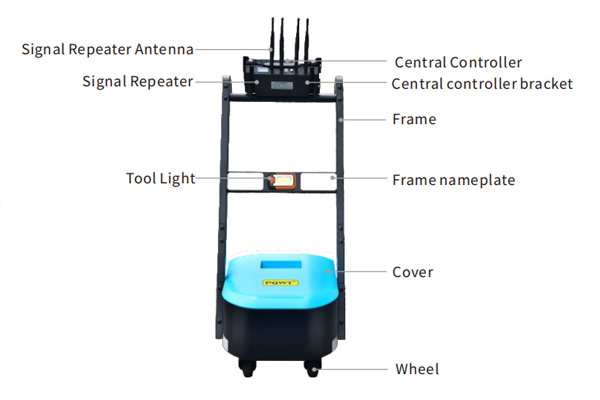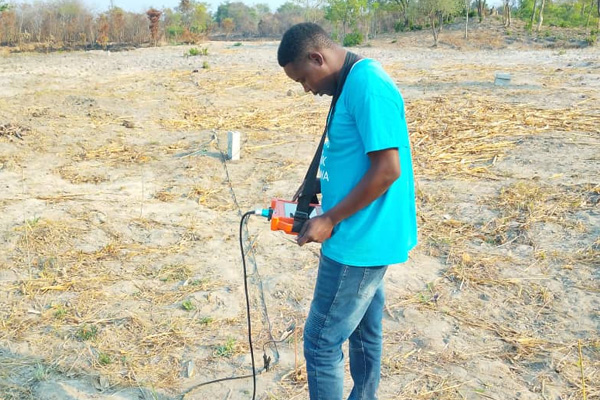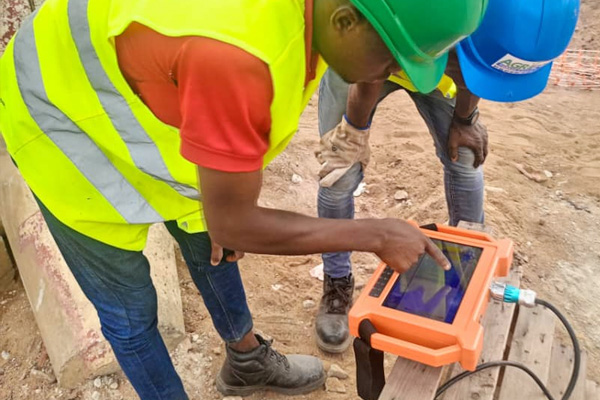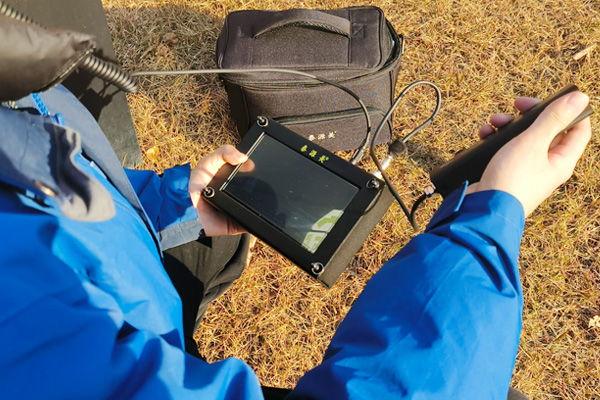Controlling pipeline leaks is an important task as it is not only about the operational efficiency of your business but also about environmental protection and resource utilization. Here are some effective ways to control pipeline leakage:
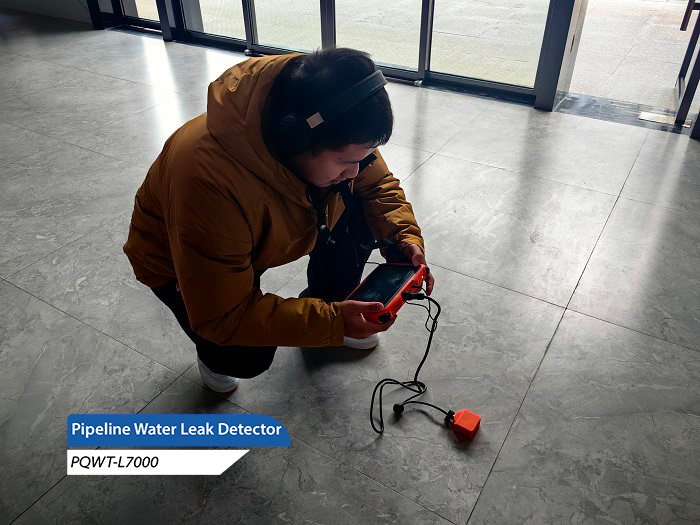
Performing pipeline leak detection is an essential step. By utilizing a professional pipeline leak detector, you can quickly locate the leak so that it can be repaired in time. Moreover, this type of detection is highly accurate and can cope with complex environments with high noise levels, strong disturbances or continuous production. In this way, we can effectively reduce leaks in underground pipelines.
Upgrading the pipeline network is also an important means to control pipeline leakage. Pipelines that have a long service life and are at risk of corrosion and breakage should be upgraded in a planned and purposeful manner. The use of new types of pipes and more advanced processes can not only improve the durability of the pipes, but also reduce the risk of water leakage.
Implementing zonal metering management is also an effective method. By zoning the enterprise pipeline network and monitoring the flow rate of each zone in real time, we can understand the leakage level of the pipeline network in each zone as well as the approximate leakage range. Through this zonal metering management, we can quickly locate the leakage area, provide accurate direction for repair work, and further reduce the amount of water leakage and control leakage.
It is also very important to increase the inspection of underground pipelines and ancillary facilities. Regular inspections can detect potential leakage problems in a timely manner, avoiding the occurrence of prolonged water runs without supervision. Through this kind of inspection, the waste of resources and environmental pollution caused by water leakage can be effectively reduced.
Controlling pipeline leakage requires a multi-pronged approach, ranging from testing, upgrading, metering management to inspection efforts. Only in this way can we effectively reduce pipeline leakage, protect resources and improve operational efficiency.





